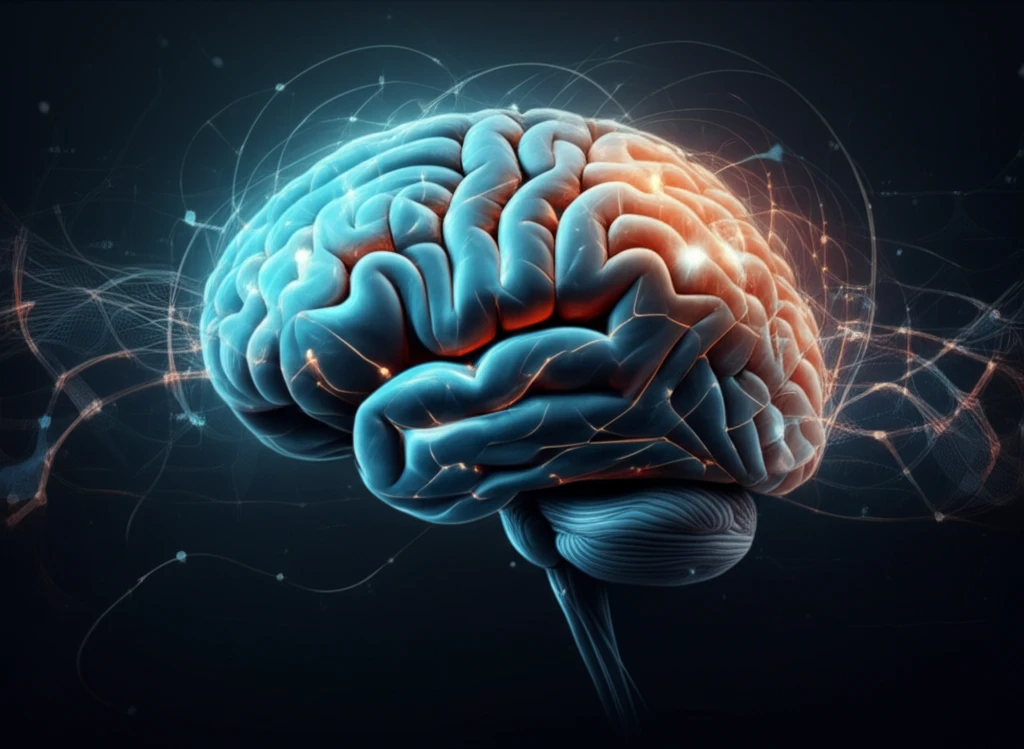
Mastering the Cut: How Surgeons Develop Expertise in the Operating Room
"A deep dive into the cognitive skills that separate novice surgeons from experts, and how this knowledge can improve training and patient safety."
In the high-stakes world of surgery, patient outcomes are directly linked to the skills and knowledge of the surgical team. This has led to a growing interest in understanding what truly makes a surgeon an expert. It's more than just years of experience; it's about how surgeons think, plan, and react under pressure.
A recent study published in The American Journal of Surgery sheds light on the cognitive processes that distinguish expert surgeons from their less experienced colleagues. By analyzing how surgeons verbalize their thoughts during a simulated critical event, researchers uncovered key differences in perception, decision-making, and awareness.
This article breaks down the findings of this important research, exploring how these insights can be used to enhance surgical training, reduce errors, and ultimately, improve patient care. Whether you're a medical professional or simply curious about the complexities of the human mind, this exploration of surgical expertise offers valuable lessons.
The Cognitive Chasm: Expert vs. Novice in the OR

The study, conducted across two medical centers, involved experienced surgeons and general surgery residents. Participants were shown a video of a challenging laparoscopic cholecystectomy (gallbladder removal) where a bleeding event occurred. Using a "think aloud" method, surgeons verbalized their thoughts as they watched the video, allowing researchers to capture their real-time cognitive processes.
- Deeper Comprehension: Expert surgeons demonstrated a more thorough understanding of the operative field, recognizing potential dangers more readily.
- Richer Mental Imagery: Experts were better at anticipating future events and visualizing the potential consequences of each action.
- Metacognitive Prowess: Experienced surgeons spent more time reflecting on their own thought processes and the actions of the surgeon in the video, showcasing a higher level of self-awareness.
- Focus on Critical Significance: Experts consistently focused on elements with potentially significant consequences for the operation, while novices sometimes fixated on less critical details.
Transforming Surgical Training: From Novice to Expert
The insights from this study offer a roadmap for improving surgical education. By focusing on the cognitive aspects of expertise, training programs can move beyond traditional skill-based approaches. Encouraging trainees to develop deeper comprehension, enhance their mental imagery, and cultivate metacognitive awareness can lead to more skilled and adaptable surgeons. Incorporating "think aloud" exercises into training can provide valuable feedback and help trainees identify and correct cognitive pitfalls early on, ultimately leading to improved patient outcomes and a safer operating room for everyone.
